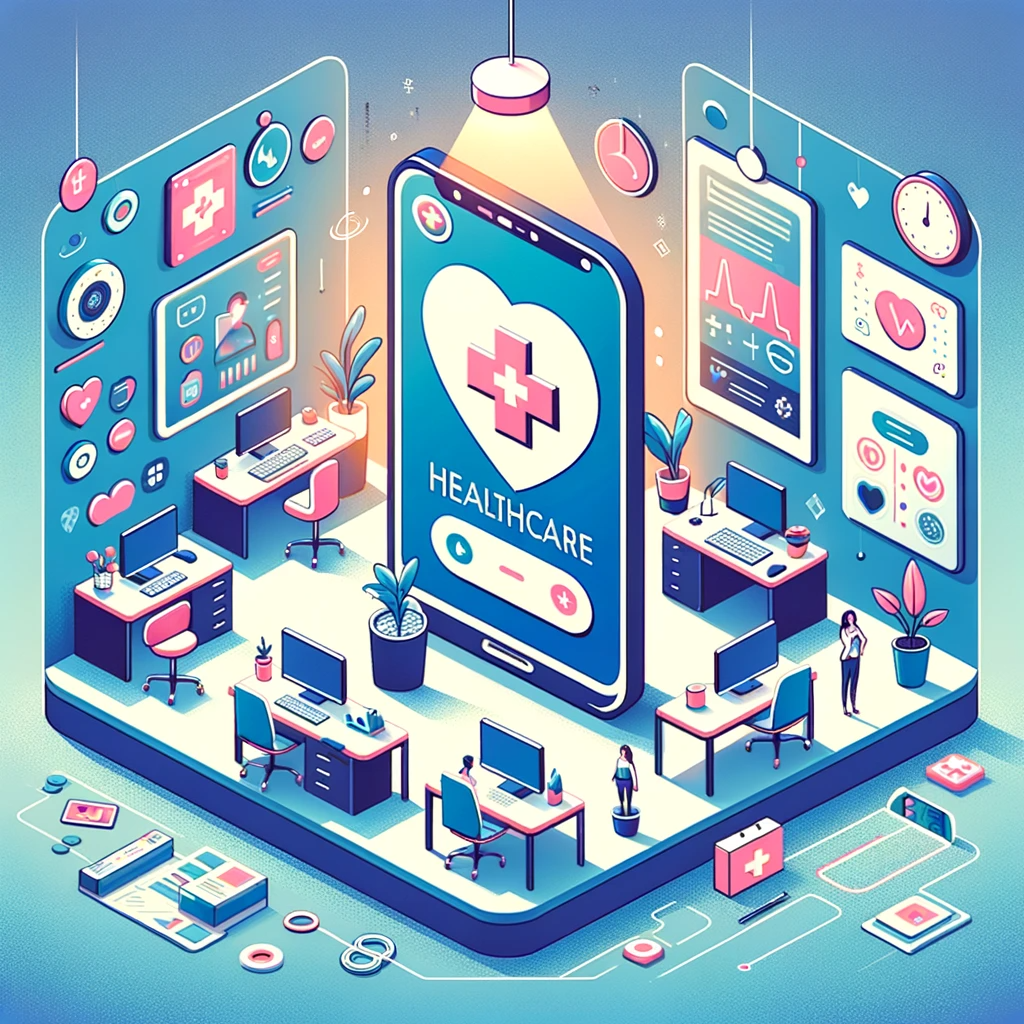
The healthcare industry is undergoing a transformative phase, driven by innovative startups that are reshaping the landscape of patient care and medical technology. Over the last couple of years these startups are focusing on various key sectors, leveraging advancements in technology and responding to evolving patient needs. From the rise of telehealth and virtual care platforms to the integration of AI and machine learning in diagnostics and treatment, the trends are diverse and groundbreaking.
Today’s post dives into the most prominent healthcare startup trends over the past couple of years, exploring sectors such as mental health technology, wearable health devices, healthcare data analytics, and personalized medicine. These trends not only highlight the technological advancements in healthcare but also underscore a shift towards more personalized, patient-centric care models. Join us as we explore these exciting developments that are set to redefine the future of healthcare.
- Telehealth and Virtual Care: Telehealth startups are not just expanding; they’re revolutionizing how healthcare is delivered. By offering virtual consultations, teletherapy, and platforms for chronic condition management, they’re breaking down geographical barriers, making healthcare accessible to those in remote areas or with mobility issues. This trend is crucial in managing ongoing public health concerns and ensuring continuous care delivery without physical boundaries.
- Examples – Ceiba Health, Nuvoair Medical, 98point6
- Mental Health Technology: The surge in digital solutions for mental health reflects a broader recognition of the importance of mental well-being. Apps and platforms that offer therapy and counseling services are becoming more mainstream, providing crucial support for individuals dealing with anxiety, depression, and other mental health conditions. These technologies are making mental health care more accessible, reducing stigma, and offering users anonymity and flexibility.
- Examples – Plutonic, MindTension, NOWATCH
- Wearable Health Technology: From fitness trackers to advanced medical monitoring devices, wearable technologies are providing individuals with unprecedented insights into their health metrics. These devices are becoming more sophisticated, offering detailed data on sleep quality, heart health, and physical activity, which can be used to tailor personal health and wellness plans.
- Examples – bytesense, Hinge Health, Vitls
- AI and Machine Learning in Healthcare: AI and machine learning are at the forefront of transforming diagnostics, treatment planning, and patient care management. These technologies are being used to analyze vast amounts of data for better disease prediction, personalized treatment options, and enhancing operational efficiencies within healthcare facilities.
- Examples – GradientAI, BioMind, Healthbotics
- Healthcare Data Analytics: The power of data analytics is being harnessed to improve patient outcomes and operational efficiency. By analyzing health data, startups are helping healthcare providers gain insights into patient care trends, operational bottlenecks, and potential areas for improvement.
- Examples – Predicta Med, Aimed Analytics, ForeFacts
- Personalized Medicine: Tailoring medical treatment to the individual characteristics of each patient is becoming a reality thanks to advances in genomics and biotechnology. This approach promises more effective treatment plans, reduced side effects, and overall improved health outcomes.
- Home Healthcare Services: As the population ages, the demand for in-home healthcare services is rising. Startups are responding by offering a range of services, from routine check-ups to post-operative care, all delivered in the patient’s home to enhance comfort and convenience.
- Examples – Homethrive, Tomorrow Health, MedArrive
- Healthcare Marketplaces: Online platforms are making it easier for patients to find and connect with healthcare providers, book appointments, and even receive quotations for medical services. This trend is democratizing access to healthcare information and services, making the healthcare system more transparent and user-friendly.
- Examples – Clipboard Health, CareRev, Zocdoc
- Femtech: Focused on women’s health, femtech startups are addressing previously underserved areas such as reproductive health, fertility, and menstrual health. These technologies are empowering women with knowledge and solutions that cater to their specific health needs.
- Examples – Carrot Fertility, Gennev, LactApp
- Digital Therapeutics: This emerging field uses technology-based interventions to treat medical conditions and enhance health outcomes. By offering evidence-based therapeutic interventions, digital therapeutics are becoming a vital part of the healthcare ecosystem, complementing traditional treatments and offering new pathways for care.
- Examples – Maven Clinic, Virta Health, DarioHealth
As we explore the dynamic landscape of healthcare startups, it’s clear that the sector is on the brink of a significant transformation. The convergence of technology, patient-centric approaches, and innovative business models is not just reshaping healthcare delivery but is also creating new paradigms for patient engagement and care management. Telehealth, AI, wearable technologies, and other trends are not mere buzzwords; they represent the new frontiers in healthcare, offering solutions that are more accessible, personalized, and efficient.
The implications of these trends extend far beyond the immediate benefits of improved care and accessibility. They signify a shift towards a healthcare ecosystem that is more integrated, where data-driven insights lead to better health outcomes and where patient empowerment is central. The future of healthcare, as depicted by these startups, is one where technology is not just an enabler but a transformative agent, bringing about a more holistic approach to health and wellness.
As we navigate through these evolving trends, it becomes increasingly crucial for healthcare providers, policymakers, and technology innovators to collaborate, ensuring that these advancements are harnessed responsibly and equitably. The potential to revolutionize healthcare is immense, but it requires a concerted effort to address challenges such as data privacy, healthcare disparities, and the digital divide.
Looking ahead, the journey of these healthcare startups is not just about the technologies they develop or the services they provide. It’s about the lives they impact and the global health landscape they shape. The intersection of healthcare and technology holds immense promise, and as these trends continue to evolve, they are set to redefine what it means to deliver and receive healthcare in the modern world.
